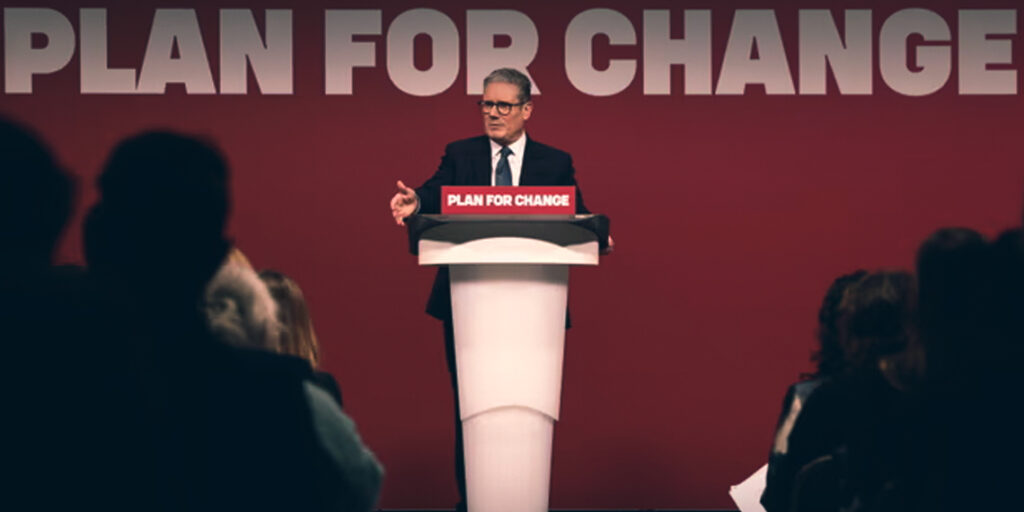Prime Minister Keir Starmer has criticised Whitehall for what he described as a culture of complacency, accusing civil servants of being “comfortable with failure” and urging them to embrace ambitious reforms.
Speaking in a landmark address, Starmer outlined his vision for the next phase of the five-month-old Labour government, calling for a “profound cultural shift” to counter what he termed a “declinist mentality” and prioritise tangible outcomes.
Starmer positioned successful policy delivery as a crucial antidote to the rise of populist politics, which he said thrives on public discontent.
“Too many in Whitehall are content to sit in the tepid bath of managed decline,” he remarked, invoking a paraphrased reference to John F. Kennedy. “Change isn’t easy; it’s hard. But it’s necessary.”
In his speech, the Prime Minister unveiled six key “milestones” aimed at holding the government accountable and driving progress:
Economic Growth and Living Standards: A commitment to higher real household disposable income and gross domestic product (GDP) per capita by the end of this parliament, aiming to make the UK the fastest-growing economy in the G7.
Housing and Infrastructure: Plans to build 1.5 million homes in England and expedite decisions on at least 150 major infrastructure projects.
Clean Energy: A pledge to put the UK on course to achieve at least 95% clean power by 2030.
Healthcare: Meeting the NHS target of ensuring 92% of patients in England wait no longer than 18 weeks for elective care.
Education: Ensuring 75% of five-year-olds are school-ready by the time they start.
Policing: Assigning a named officer to every community beat and recruiting an additional 13,000 neighbourhood police officers for England and Wales.
While the ambitious goals were welcomed by some, Starmer faced criticism for omitting immigration from the list of milestones.
Critics also highlighted apparent shifts in key targets, including a move from a previous commitment to fully decarbonise the UK’s power grid by 2030 to the new goal of achieving “at least 95%” clean power.
Labour defended the adjustment, with Net Zero Secretary Ed Miliband explaining that the 5% allowance accounts for maintaining a strategic gas reserve.
Starmer also refrained from setting a numerical target for improving living standards, instead emphasising that growth must be “felt by everyone, everywhere.” Real household disposable income and GDP per capita are to rise across all regions, he pledged.
Pressed on immigration, Starmer described border control as a “foundational” issue, separate from the broader reform agenda. “It’s about providing the governance people expect, ensuring security and fairness,” he told reporters.
The Prime Minister’s speech marks a decisive moment for his government, setting the stage for what he hopes will be a transformative parliamentary term. However, with scrutiny mounting and high expectations set, the pressure is on for Labour to deliver on its promises.


